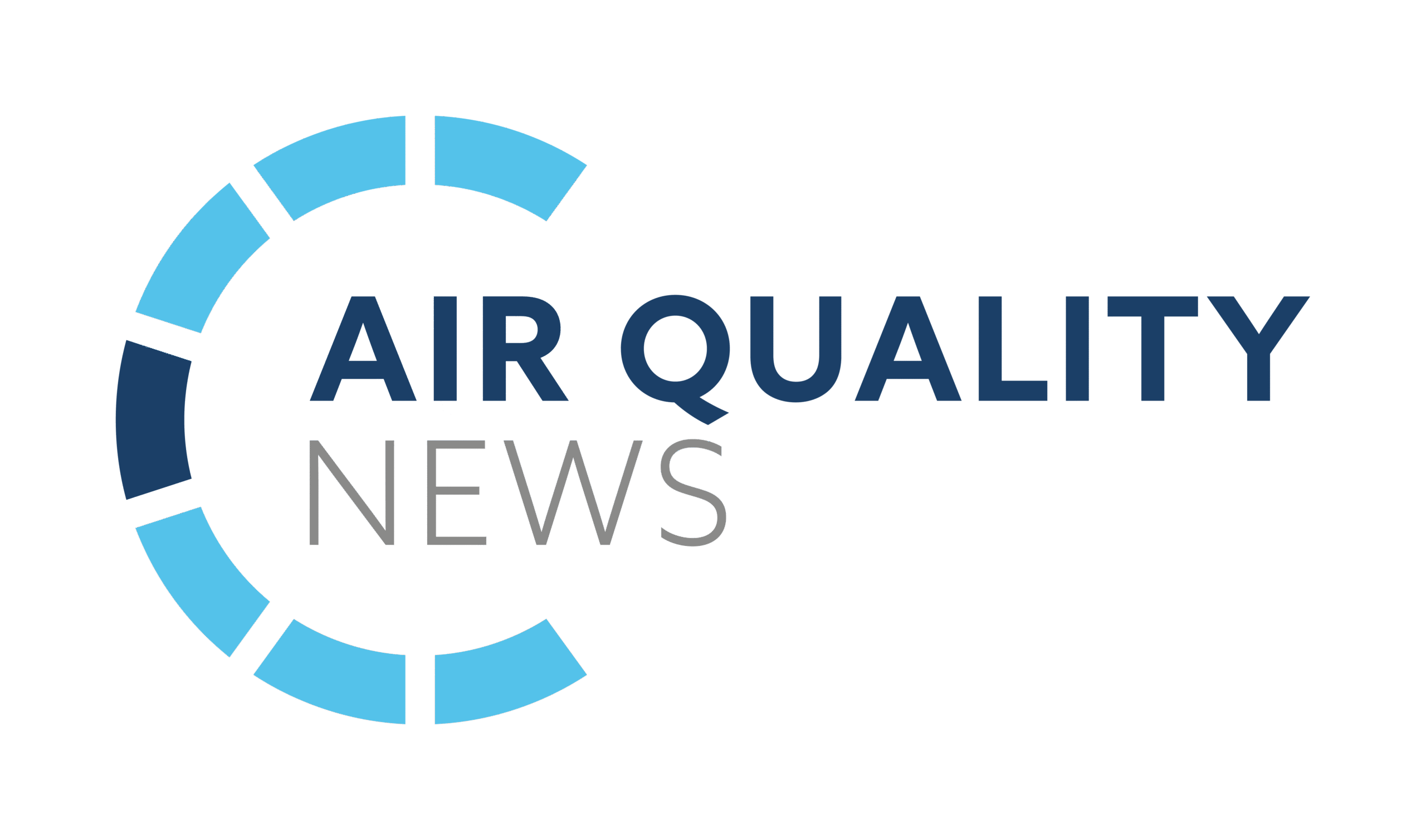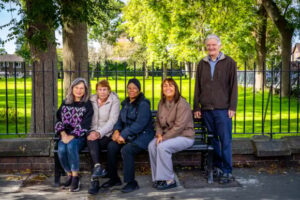The Care Quality Commission (CQC) has will not be undertaking routine inspections during the coronavirus outbreak.
A spokesman for the CQC said, during the COVID-19 pandemic, the watchdog’s primary objective will be to support providers to keep people safe during a period of unprecedented pressure on the health and care system.
The spokesman said the CQC will be helping with the wider national response by seconding staff and clinically qualified special advisors to the Department of Health and Social Care, Public Health England and NHS England.
While the customer contact centre will start taking non-clinical COVID-19 calls from next week in support of 111.
Ian Trenholm, chief executive of CQC, said, where necessary, the watchdog will use its inspection powers in cases when there is clear evidence of harm, such as allegations of abuse.
‘During this period, our priority will be to support those who deliver health and social care to keep people safe during this global health emergency.
‘We will, therefore, be stopping routine inspections from today. It may still be necessary to use our inspection powers in a very small number of cases when there is clear evidence of harm, such as allegations of abuse.
‘In adult social care, our inspectors will also be acting as a support for registered managers, providing advice and guidance throughout this period in the absence of a single national body equivalent to NHS England.
‘We are talking to social care providers about how to most effectively collect information from them to ensure that the Government has a clear picture of the impact that COVID-19 is having on the sector.’
Cllr Ian Hudspeth, chairman of the Local Government Association’s Community Wellbeing Board, welcomed the CQC’s pledge to act in cases of real or imminent risk of harm:
‘We respect the CQC’s decision and know it is one made in the best interests of the people who use and work in social care services.
‘Care providers continue to face serious pressures as they seek to cope with coronavirus. Therefore any moves to alleviate their non-essential workload is positive.
‘However, this decision needs to be set against the vital need to ensure the safety and wellbeing of people using care services.
‘It is therefore absolutely right that the CQC intends to maintain a degree of oversight and act in cases of real or imminent risk of harm.
‘Local government will continue to work closely with the CQC during this period to ensure any such risks are managed effectively and in a timely way.’
Photo Credit – Pixabay















Leave a Reply